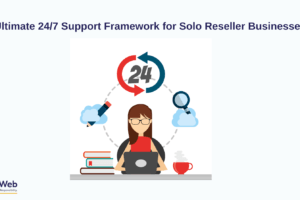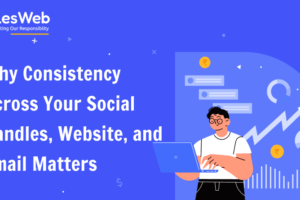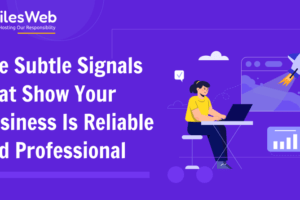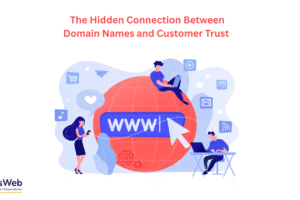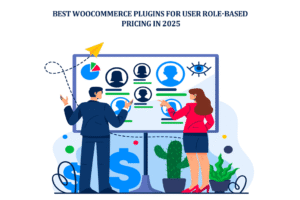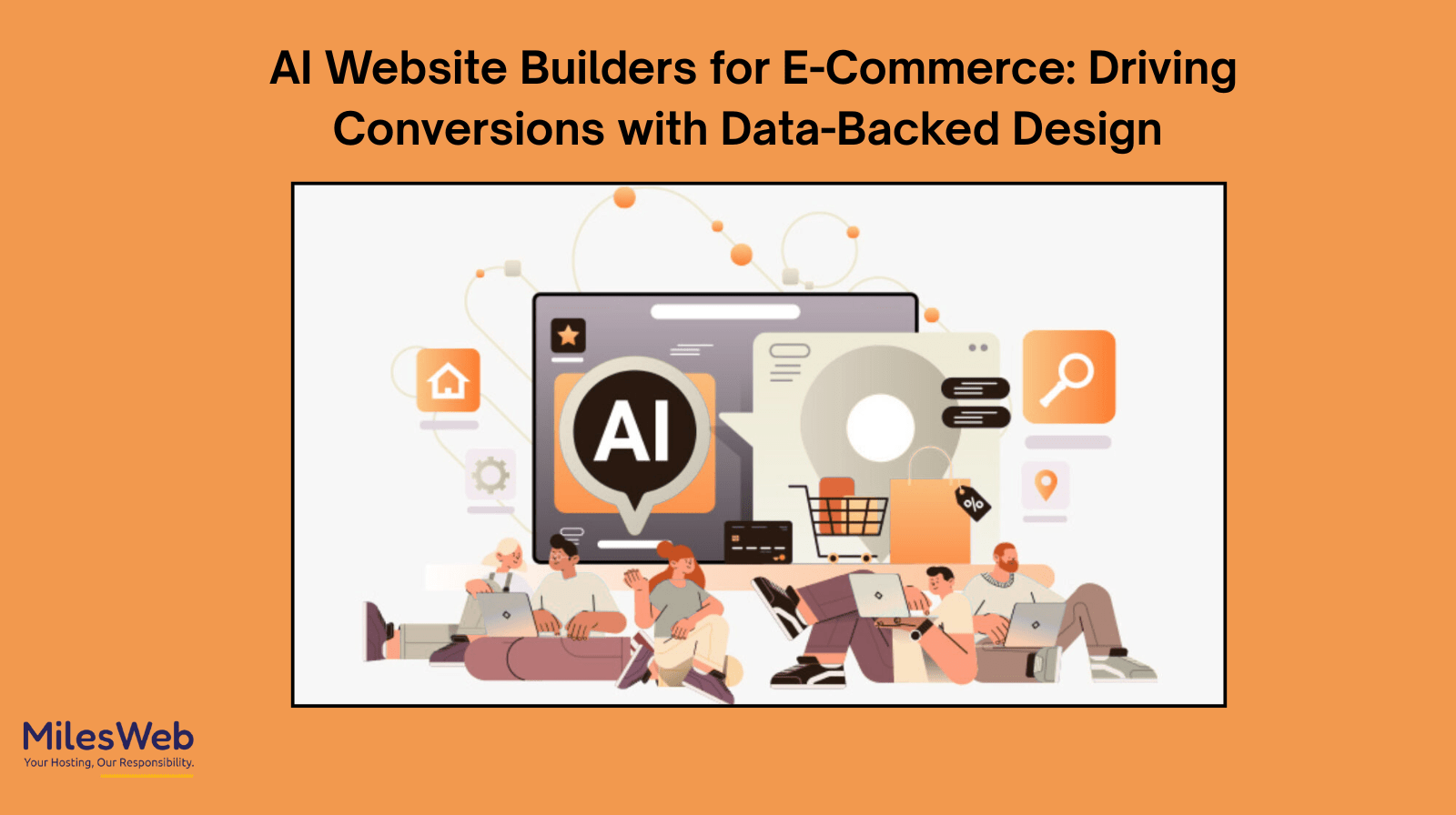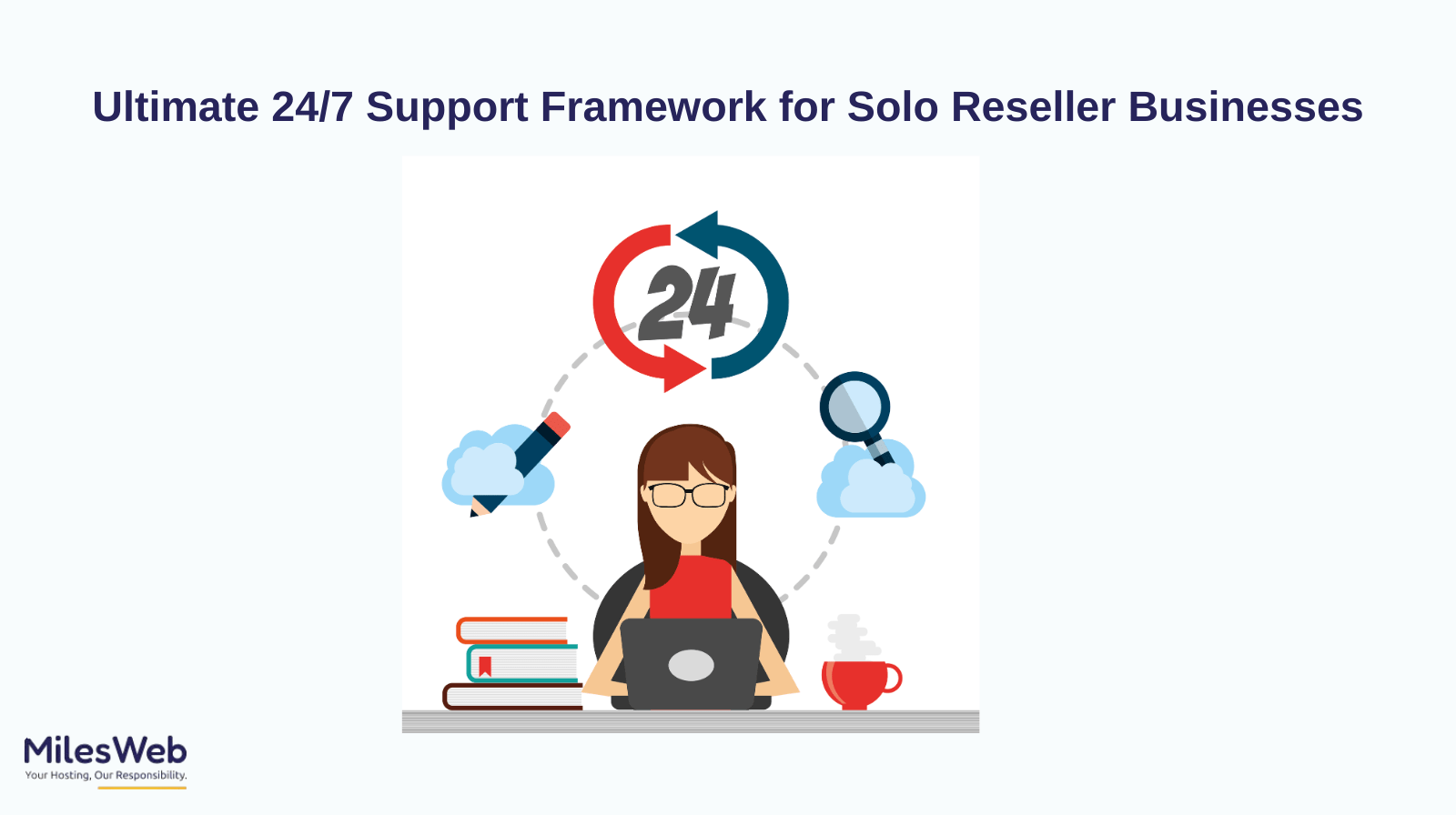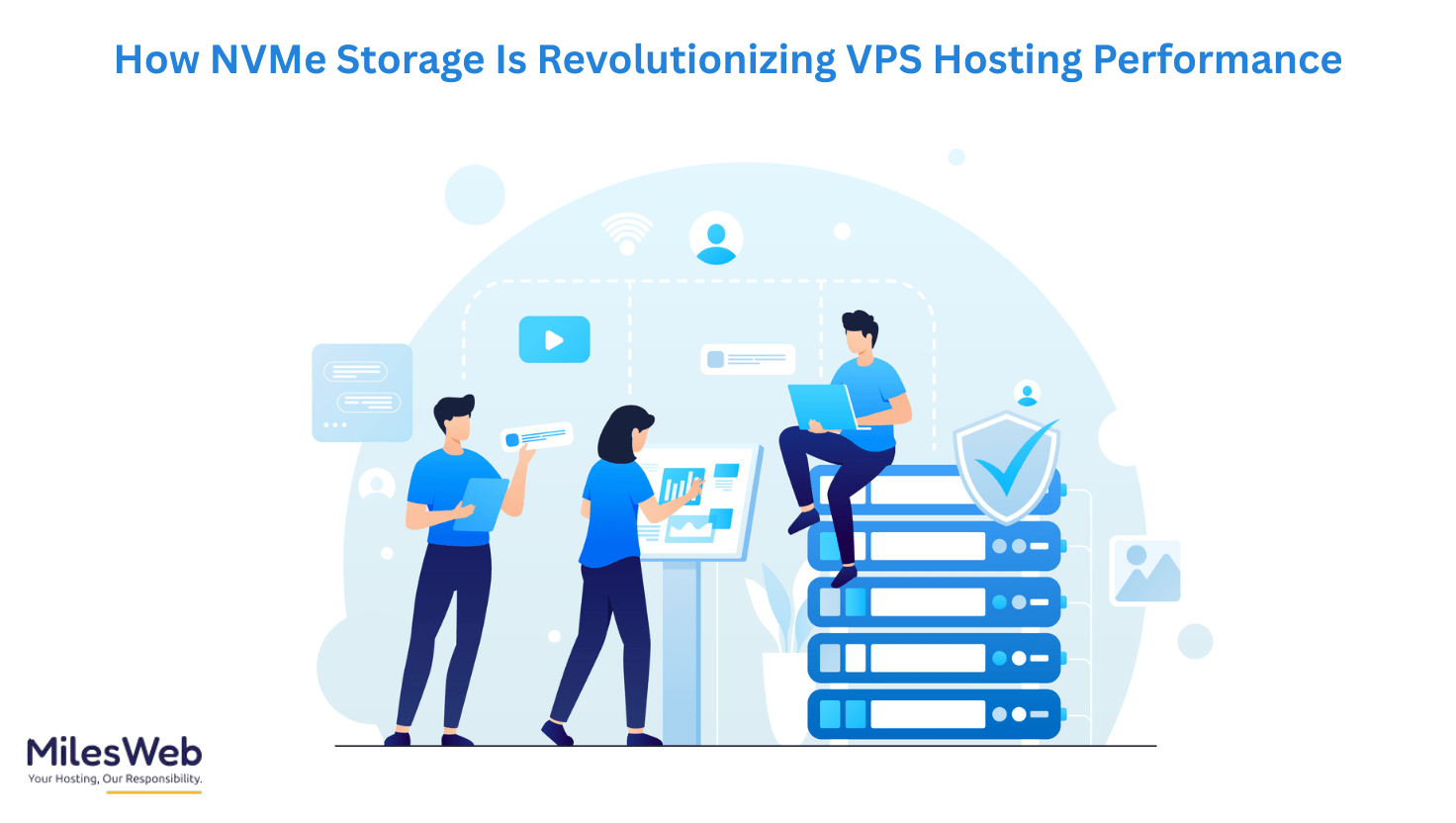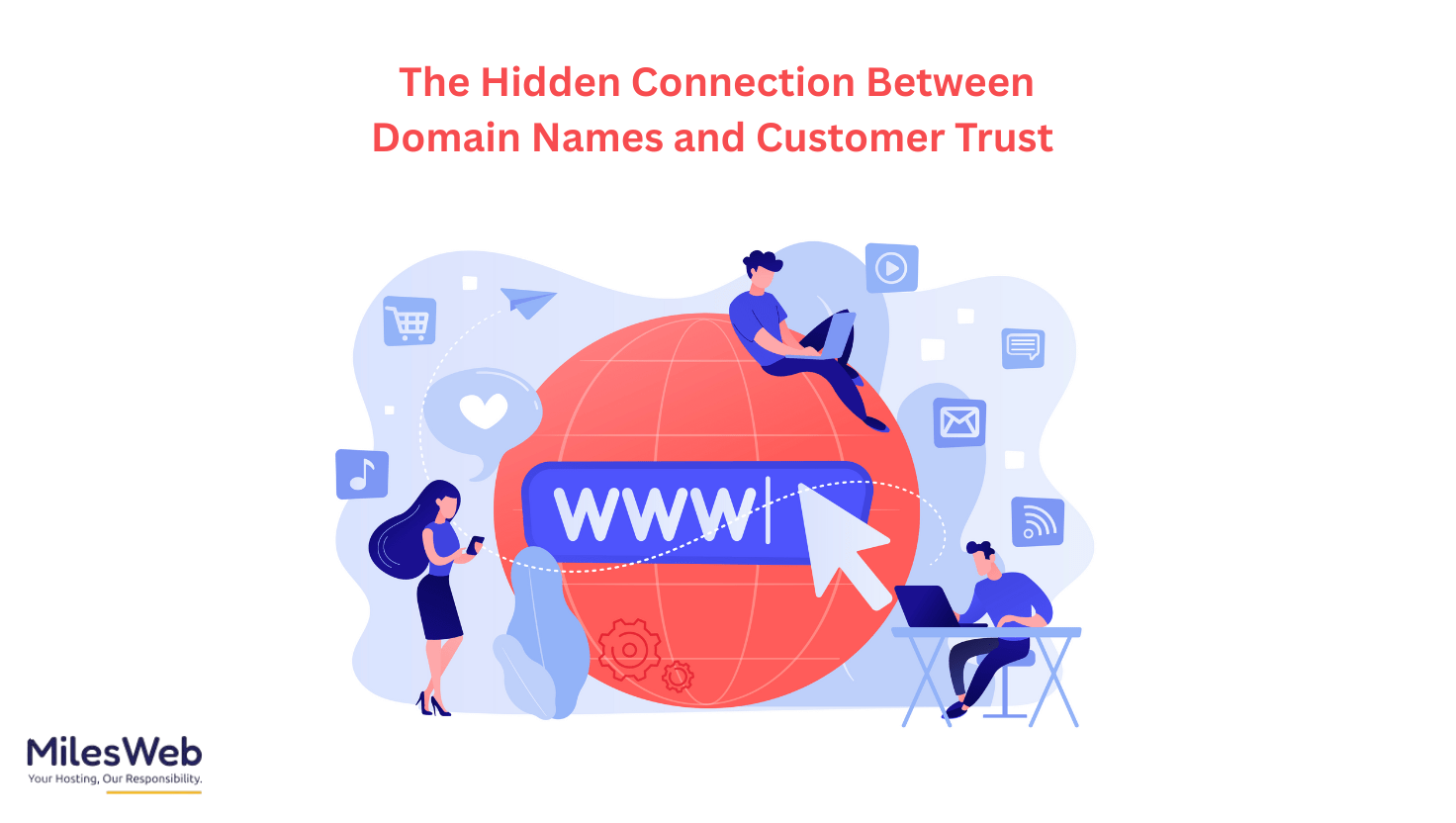Winning attention in e-commerce isn’t easy. A visitor lands on your website, scans the page for a few seconds, and decides whether to explore or exit. Traditional website builders can make the process of launching a store quick, but they rarely go deeper than templates and drag-and-drop elements. What sets today’s AI professional website builder apart is its ability to read behavior, analyze data, and adjust the design in ways that actually encourage visitors to make a purchase.
For e-commerce businesses, this is not just convenience—it’s conversion science. When design decisions are informed by user data, your store stops being a digital brochure and starts acting like a smart sales engine. And if you’re setting up with a reliable host, a web hosting coupon code can make the start even more cost-effective without compromising performance.
Beyond Templates—Designing for Conversions
Traditional website builders were essentially digital toolkits. They gave you fonts, layouts, and color palettes, but the success of your store still depended on guesswork. You’d place a call-to-action button at the top of the page because “that’s what everyone does.” AI builders flip this logic.
Instead of design by habit, they work with evidence. Heatmaps can reveal where customers pause, scroll, or bounce. Session tracking can indicate what checkout fields are causing friction. By pulling these insights into the design process, AI tools don’t just give you a website—they give you a website shaped around how people actually behave.
A quick example: a shoe store may believe their “Shop Now” button is where it should be in the hero banner. But through behavior analysis, the AI recommends moving it to below best-selling products, where interactions are highest. Small changes like this can add up to major revenue boosts.
Personalization as a Sales Tool
Personalization used to mean sending a customer an email with their first name. In e-commerce today, it means tailoring the entire storefront to each visitor. AI website builders are driving this shift.
Consider a repeat customer who had earlier searched for women’s jackets. The AI can prompt related offerings on the home page rather than generic offers. In case the visitor is known to shop late at night, the store may emphasize flash sales then.
This type of design doesn’t only look smoother—it feels like it’s about you. And when shopping feels personal, hesitation disappears. Clients find what they’re looking for in a shorter amount of time, and checkout becomes an obvious step instead of a pressured one.
Data-Backed Design in Action
To see the real impact of data-driven design, let’s look at practical use cases:
- Fashion Retailer Example: An online store utilized an AI builder to execute hundreds of micro A/B tests in the background. The tool discovered that a minimalist layout with larger product images outperformed text-heavy pages. Sales increased by 18% with no extensive redesign.
- Electronics Store Example: A gadget store noticed a high drop-off on product comparison pages. The AI recommended reordering features and emphasizing “battery life” and “price,” the top concerns for shoppers. The adjustment cut bounce rates by nearly a third.
The changes came straight from how people used the website. What makes AI builders useful is that they keep testing in the background, so the store isn’t fixed in one form—it keeps learning and adopting over time.
The Balance Between Automation and Brand Identity
This is where the caution flag flies. While AI may be able to maximize layouts, color, and product placement, it has no idea about your brand history. It won’t understand the emotional hook that makes your store different from the one next door.
If every e-commerce brand leaned entirely on automation, online stores would start to look eerily similar—optimized but soulless. The challenge is to let AI handle the science of design while you handle the art with reliable hosting from providers like MilesWeb keeping your website running smoothly as you focus on creativity.
Think of it this way: AI tells you that customers engage more with lifestyle photos than stock images. It’s still up to you to choose photos that express your brand identity.
AI points out that a chatty style of writing product descriptions is more effective. It’s still your job to decide how that voice sounds.
The recipe for success comes from combining machine-backed optimization and human-driven storytelling. That’s where conversions actually scale.
Getting Ready for the Future of AI in E-Commerce
AI website builders are in their early phases. Right now, they center around layouts, personalization, and optimization. In the coming days, they’ll be shaping entire shopping experiences.
- Predictive Analytics: Instead of responding to user action, AI will predict what will be the next step. A store can fine-tune its homepage banners to highlight what shoppers care about most, without waiting for clicks.
- Voice Shopping Integration: As voice assistants and smart speakers expand, AI tools will assist brands in developing voice-navigation-ready stores.
- AI-Powered Chat Interfaces: Chatbots are already common, but imagine an AI website builder that designs live chat experiences tailored to visitors intent.
The common thread through all this is data. The more that behavior is quantified, the more acute designs become. For big online stores, the takeaway is straightforward: use AI tools wisely as part of a strategy to boost sales, not just for show.
Conclusion
E-commerce has always been a game of margins. A minor lift in clicks, a small rise in order value, or a smoother checkout can be enough to move sales from slow to consistent.
The real impact shows up when thoughtful design decisions are paired with human creativity, not just algorithms. MilesWeb hosting keeps your website running smoothly while supporting your distinct business demands.
Use AI to shape the path, but make sure your brand’s voice, story, and values shine through. In that balance lies not just a better website—but a store that converts.


